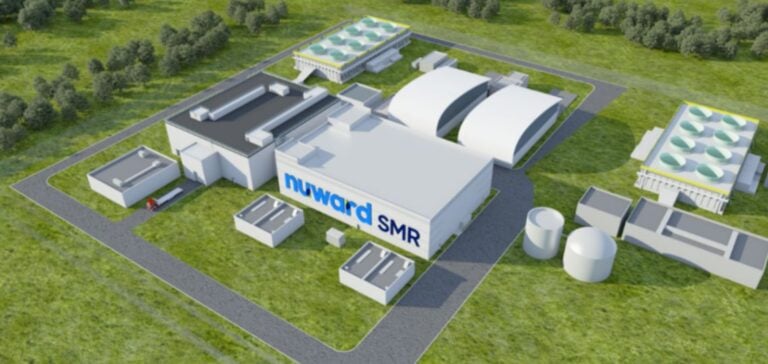EDF has officially relaunched the development of the Nuward SMR, a strategic project for the European energy industry. This Small Modular Reactor offers a capacity of 400 MW, integrating cogeneration options that can reach up to 100 MWth. Its goal is to address the needs of industrial sectors and public utilities while strengthening Europe’s strategic energy autonomy.
A project focused on modularity and competitiveness
Nuward is based on concepts of modularity, simplicity, and prefabrication. These principles aim to optimize construction costs and reduce timelines, enabling quick and cost-effective deployment. With its cogeneration options, Nuward caters to the diverse needs of energy-intensive industries while aligning with Europe’s energy objectives.
A structured timeline for a first-of-its-kind in France
EDF plans to finalize the conceptual design of the Nuward SMR by 2026. The first installation, referred to as First-Of-A-Kind (FOAK), is expected to be operational in France by the early 2030s. This milestone will represent a turning point for modular nuclear technology in Europe, boosting the competitiveness of such reactors on the global market.
Renewed leadership to drive the project
The Nuward project enters a new phase with the appointment of Julien Garrel as executive president on January 1, 2025. He succeeds Renaud Crassous, whose tenure was marked by decisive strategic momentum. This transition coincides with an ambitious roadmap that combines technological innovation and industrial partnerships.
An industrial and strategic issue for Europe
The development of the Nuward SMR is part of a broader strategy to diversify energy sources and address Europe’s economic and industrial challenges. Through this project, EDF aims to establish a competitive, adaptable, and strategic energy solution to support the energy transition and strengthen European energy sovereignty.





















